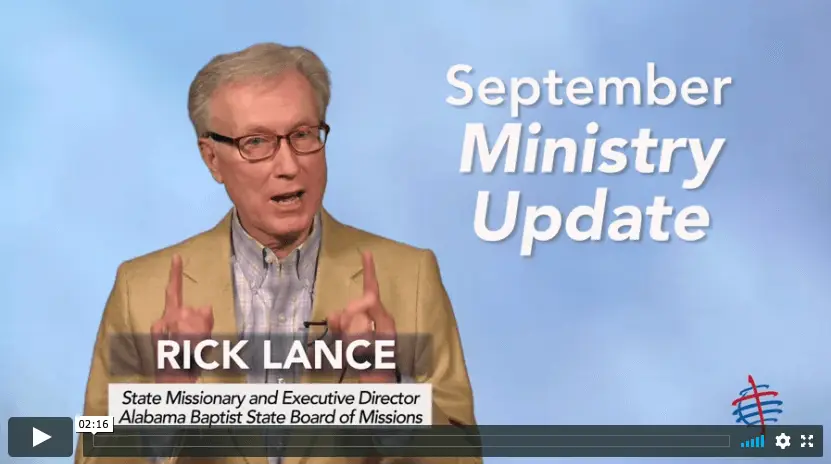A couple of years ago, there was a humorous commercial which caused me to more than just smile. When I first saw it, I laughed aloud. A man was featured riding an expensive lawn mower cutting his yard, in this upscale community where he lived. He stops and looks intently at the camera and says, “I have a beautiful new home. I have several new automobiles and many of the luxuries of life. But I am in debt up to my eyeballs. Somebody please help me.”
After viewing the commercial several times, I ceased being amused by it. It actually was a sad thought to consider. This man was enslaved to his debt. He was calling out for help from anyone who could offer assistance. Not long after several viewings, the commercial was shelved. Was it too negative or was it too realistic?
About a year later, the financial meltdown happened and, in the months since that crisis, I have had the picture of that man on the lawnmower in my mind. People who were on top of the world, like this man, saw the bottom fall out of their financial lives. It is a sad story indeed, one which has been reported time and again in the news.
With the national debt rising to the $12-14 trillion level and personal debt of Americans at all-time highs, we all are like the man on the lawnmower begging for some much needed assistance. Debt has become a big threat to our way of life in America. The American dream has fast become the American nightmare.
In the Christian community, financial advisors such as Dave Ramsay, Ron Blue and the late Larry Burkett have been offering warnings about this growing problem for years. For instance, Dave Ramsay, author of Total Money Makeover, has underscored what he calls a “common myth” about debt, namely that debt is a tool to create prosperity. That truly is a myth! Just ask the man on the lawnmower.
In our society, a certain amount of personal debt and, at times, national debt have become expected. During my lifetime, our nation has always had a sizable debt. When you are able to print the money, debt is a different kind of issue. It becomes an easy way out for politicians to overpromise their constituents and then pass debt creating legislation to pacify them.
Unless you practice the illegal act of creating counterfeit money, individuals cannot print dollars for personal use. Therefore, some diligence and vigilance must be exercised in controlling debt. Debt can easily become a tool of the Devil to help diminish the witness and true fulfillment of Christians.
Reportedly, American families spend more than 100 percent of their annual income. That is illogical, to say the least. This major tendency causes strains on marriages, which contributes to a higher divorce rate, even among evangelical Christians. Churches are feeling the pinch of pressure as well. Christians, as stewards of all their resources, are now giving less to churches and other Christian causes than in previous times. This is a trend which predated the recession but has accelerated in the last year.
Growing up as a child of parents who endured the Great Depression, I have always had a fear of debt. Personally, I sought to live conservatively, not on credit cards or other forms of debt. As a pastor, I was always concerned about keeping the church debt manageable for the family of faith. In my thinking, debt for buildings and other capital improvements needs to stay well below the 20 percentile of the total budget. If memory serves me correctly, we never exceeded 16 percent in the churches I served.
When a church becomes too heavily indebted, missions giving, church ministries and church staff compensation always suffers. The morale of the congregation can be adversely affected too. Of course, you can be too conservative in this practice, and I admit that I could have been faulted in this area, but the opposite tendency to become too heavily indebted is a dangerous situation to confront.
The Great Recession we are experiencing will come to an end. It probably will take years to overcome the damage done to businesses, homes and Christian ministries. In the meantime, I hope we can learn something from the fictional character on the lawnmower who pleadingly said, “Somebody please help me.” May we learn to live within our means and give beyond our means to the cause of Christ!




